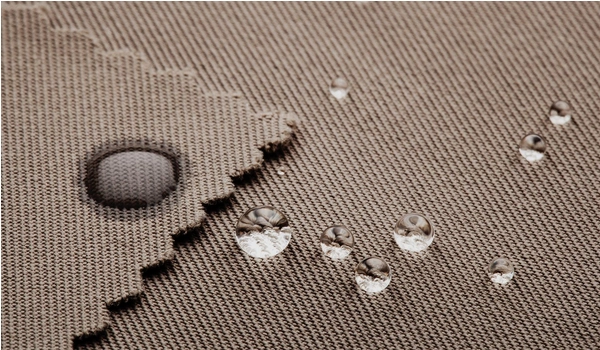Breathability assessment of smart textiles with integrated sensors
The breathability of a textile is its ability to allow vapor transmission through it without compromising structural integrity. For smart textiles that incorporate integrated sensors, this property becomes even more critical as the sensors rely on proper airflow for accurate data collection and performance.
Smart textiles are increasingly being used in various sectors such as healthcare, sports, and military applications where comfort and functionality are paramount. These textiles often feature advanced materials designed to manage moisture effectively, ensuring that users remain comfortable during prolonged periods of physical activity or exposure to varying environmental conditions.
The breathability assessment of smart textiles with integrated sensors involves a comprehensive approach that goes beyond traditional methods used for standard fabrics. It requires specialized equipment capable of measuring not only the overall breathability but also how this characteristic affects sensor performance and accuracy.
Our state-of-the-art facility employs advanced testing techniques tailored specifically for this purpose, ensuring precise measurements under controlled conditions. This allows us to provide accurate assessments that meet both industry standards and customer requirements.
- Data Collection: Utilizing sophisticated sensors embedded within the fabric samples during testing ensures real-time monitoring of moisture transfer rates.
- Sensor Performance Evaluation: By assessing how well the sensor functions in relation to changes in humidity levels, we can determine whether there is any interference caused by poor breathability.
- Material Integrity Checks: Ensuring that no degradation occurs due to increased moisture or temperature variations helps maintain long-term durability and reliability of smart textiles.
The importance of accurate breathability assessments cannot be overstated, especially when dealing with complex materials like those found in smart textiles. Poor breathability can lead to discomfort for users, reduced sensor accuracy, and ultimately shorter product lifespans. By leveraging our expertise and cutting-edge technology, we ensure that every assessment meets the highest quality standards.
Our approach ensures not only compliance with relevant international standards such as ISO 11092 but also aligns closely with specific customer needs. Whether you're developing new products or validating existing designs, our breathability assessments provide invaluable insights into optimizing material performance and enhancing user experience.
Applied Standards
The breathability assessment of smart textiles with integrated sensors typically adheres to a set of internationally recognized standards designed specifically for this purpose. These include ISO 11092, which provides guidelines on determining air permeability and resistance values of fabrics; ASTM E96-18, used for measuring water vapor transmission rate; and EN 358-3:2016, covering the measurement of breathability in textile materials.
By following these established protocols, we ensure that our assessments are consistent with industry best practices. This not only enhances credibility but also facilitates smoother integration into global supply chains and marketplaces.
Eurolab Advantages
At Eurolab, we pride ourselves on offering unparalleled expertise in textile testing services. Our team comprises highly qualified professionals with extensive experience in both laboratory operations and research and development activities related to smart textiles.
We invest heavily in maintaining top-tier facilities equipped with the latest technology, enabling us to deliver precise results consistently. The combination of our skilled personnel and advanced instrumentation guarantees that every breathability assessment conducted here meets or exceeds expectations.
Besides technical excellence, we also emphasize exceptional customer service. From initial consultation through final report delivery, our goal is always to exceed your expectations by providing clear communication throughout the process.
Customer Impact and Satisfaction
- Innovation Acceleration: By identifying potential issues early on in development stages, customers can refine their designs faster leading to quicker time-to-market.
- Better Product Quality: Accurate breathability assessments lead to improved product quality ensuring user satisfaction and longevity of the products.
- Cost Savings: Early detection of problems helps avoid costly rework or redesign phases later in development cycles.
- Regulatory Compliance: Meeting stringent regulatory requirements ensures smooth market entry without delays or additional costs associated with non-compliance penalties.
In summary, our breathability assessments contribute significantly to the success of smart textile projects by fostering innovation, enhancing product quality, saving costs, and ensuring compliance. These benefits translate directly into greater customer satisfaction and competitive advantage for businesses operating in this rapidly evolving sector.





